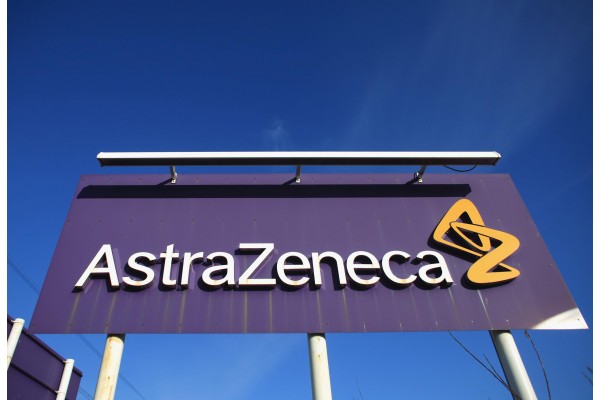AstraZeneca is back at it again with asset sales. The company, which has taken some flak for a series of deals to offload asset rights, inked an agreement with Luye Pharma for legacy antipsychotic Seroquel and an extended-release version.
The agreement covers Seroquel and Seroquel XR rights in the U.K., China and other markets such as Brazil, Australia, Saudi Arabia and Mexico. AstraZeneca will get $260 million when the deal closes—expected by the end of the quarter—plus up to $278 million in milestones for a total value of up to $538 million.
Last year, the drugs generated $148 million in markets covered by the agreement, according to AZ. AstraZeneca will continue to manufacture the drugs as part of a transition period. Both Seroquel and Seroquel XR have lost much of their patent protections around the world, and AstraZeneca said the deal enables it to extract the most value out of the legacy drugs while focusing on its core therapeutic areas.
The deal follows several other asset sales at AstraZeneca to reel in billions of dollars. Critics have said the strategy is unsustainable, but AstraZeneca executives have pitched the strategy as a way forward until it can grow new drug sales to offset challenges like patent losses and R&D setbacks.
Last year, the company entered a mammoth collaboration with Merck on PARP inhibitor Lynparza, trading half of its revenue rights in exchange for $1.6 billion up front and sales and regulatory milestones for a total deal value of up to $8.5 billion.
Aside from the Lynparza deal, AstraZeneca has inked agreements to sell rights for heart drugs to Italy's Recordati, aesthetics products to Aspen, a portfolio of antibiotics to Pfizer and gout drug Zurampic to Ironwood.
But if CEO Pascal Soriot's vision plays out, the drugmaker won't have to lean on asset sales for long. After 2018, he said the company will "experience fast growth" following years of stagnation.

 886
886


